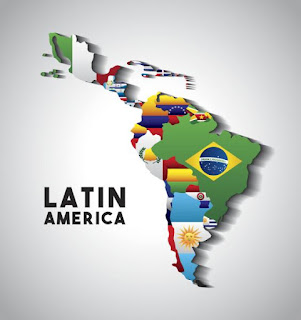Week 8: Cultural Identity Explored in Global Literature

Cultural Identity Explored in Global Literature This week's literature focused on literature by authors who can be described as global citizens. The literature we read reflected their perspectives on how historical events helped shape cultural expectations and identities. The Perforated Sheet by Salman Rushdie is the short story of a man who identifies as Indian and living in Bombay. The man identifies more with Western culture because he received a German education. While praying the man hurts his nose; this is important because he seems to evaluate the world through the senses he feels through his nose. The man is also a doctor, and he is called to tend to a sick woman; when he meets her, his nose begins to itch, which he understands to mean he should run away. However, he stays but is frustrated that he can not examine the sick woman’s entire body because she is covered by a perforated sheet only displaying the area where she needs treatment. The sheet ...


